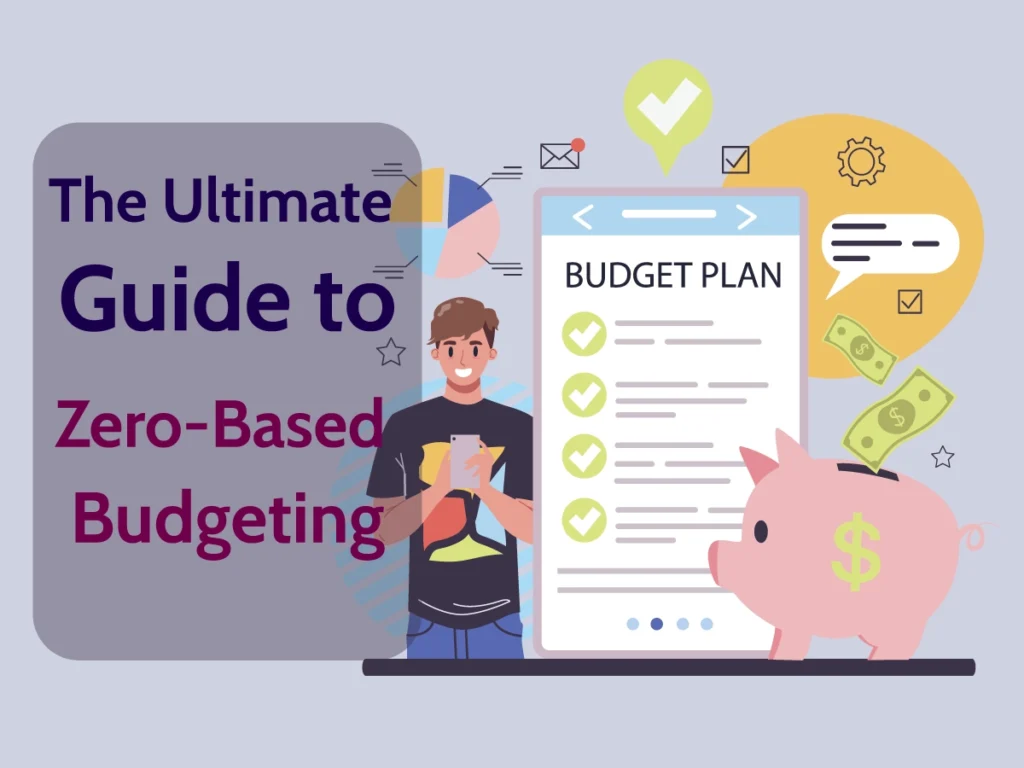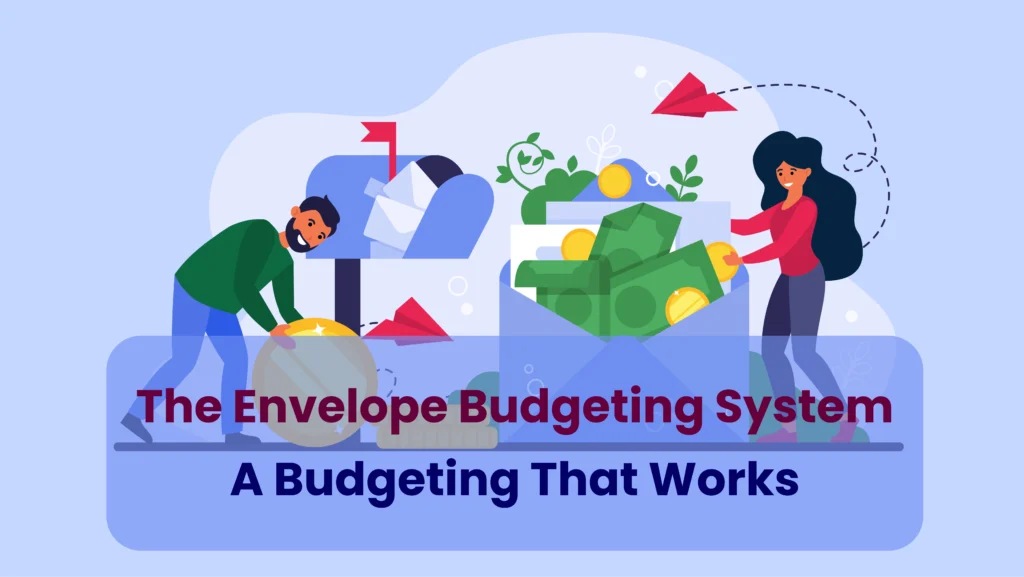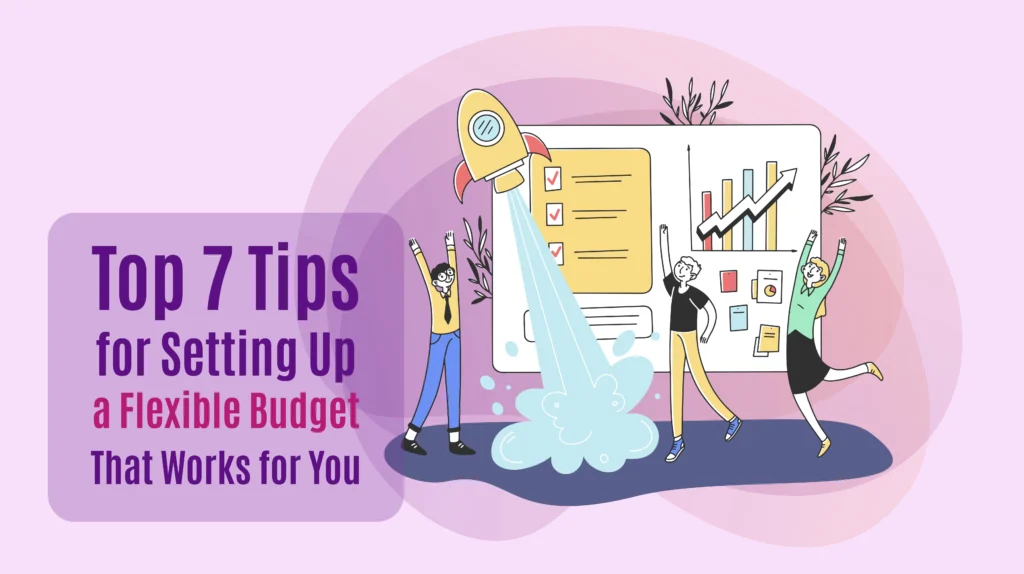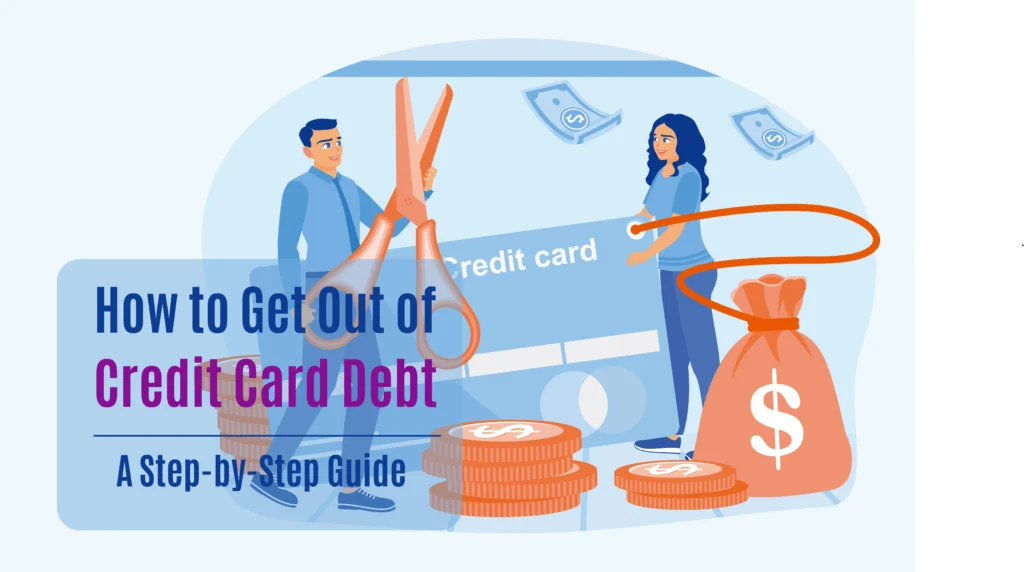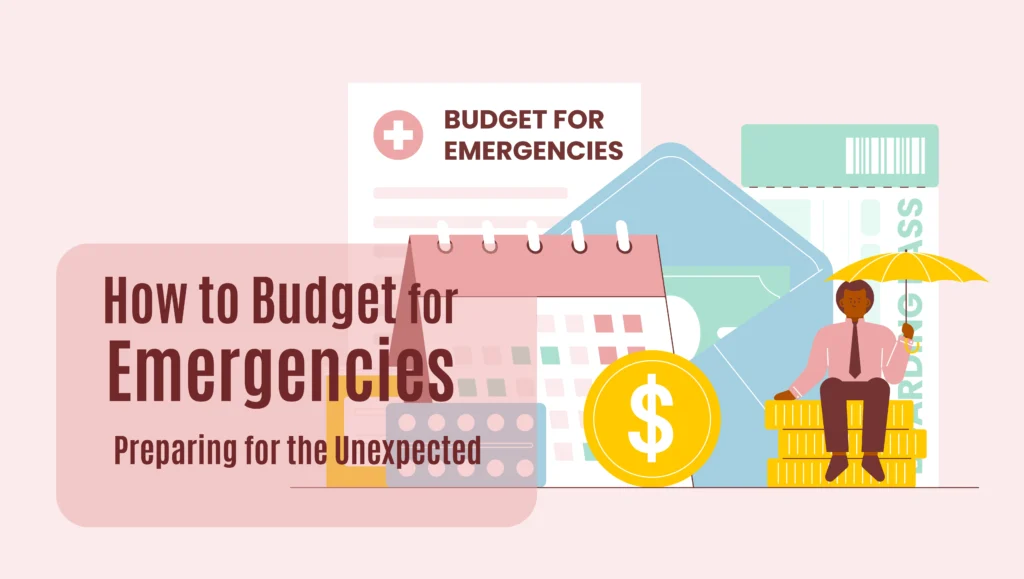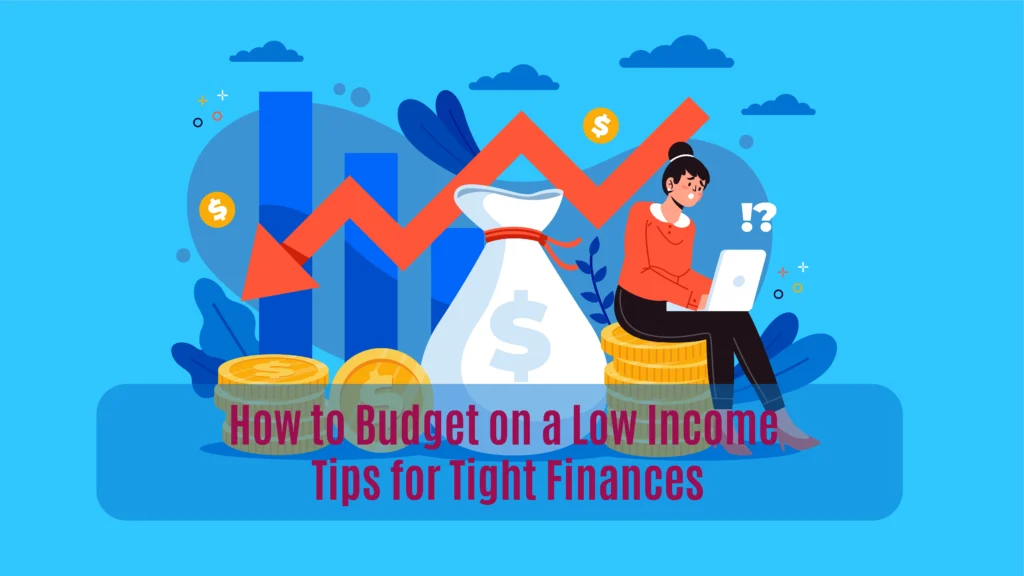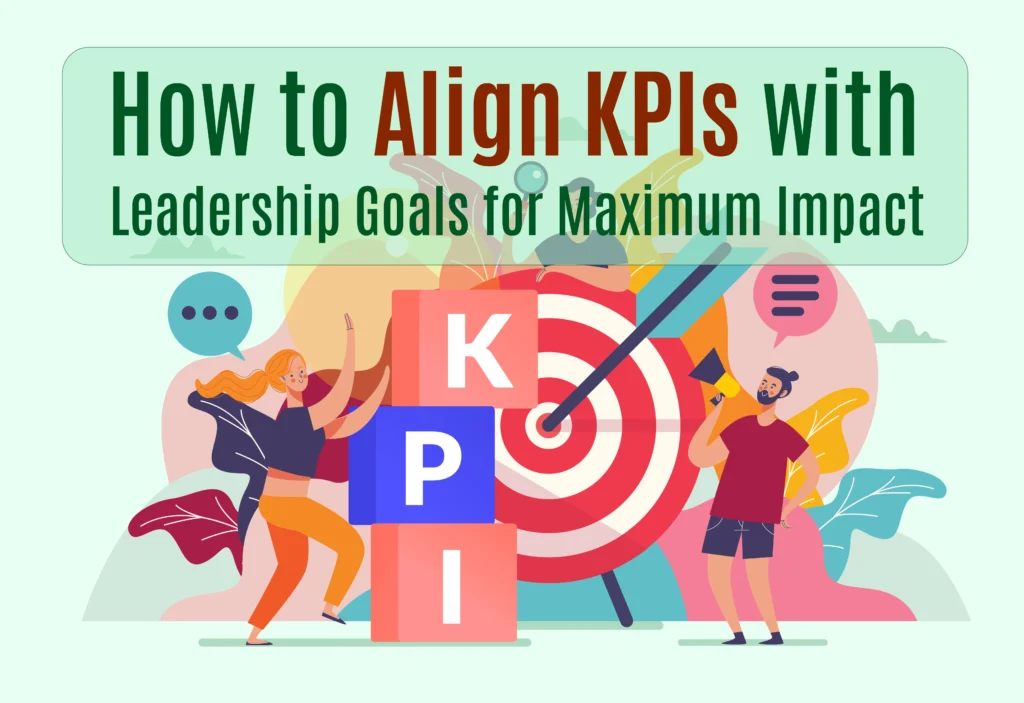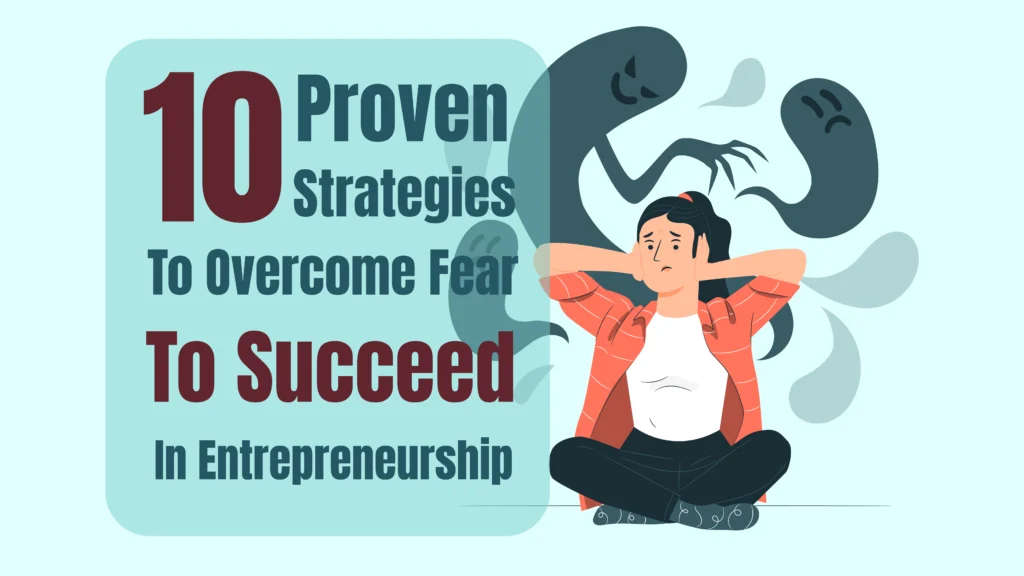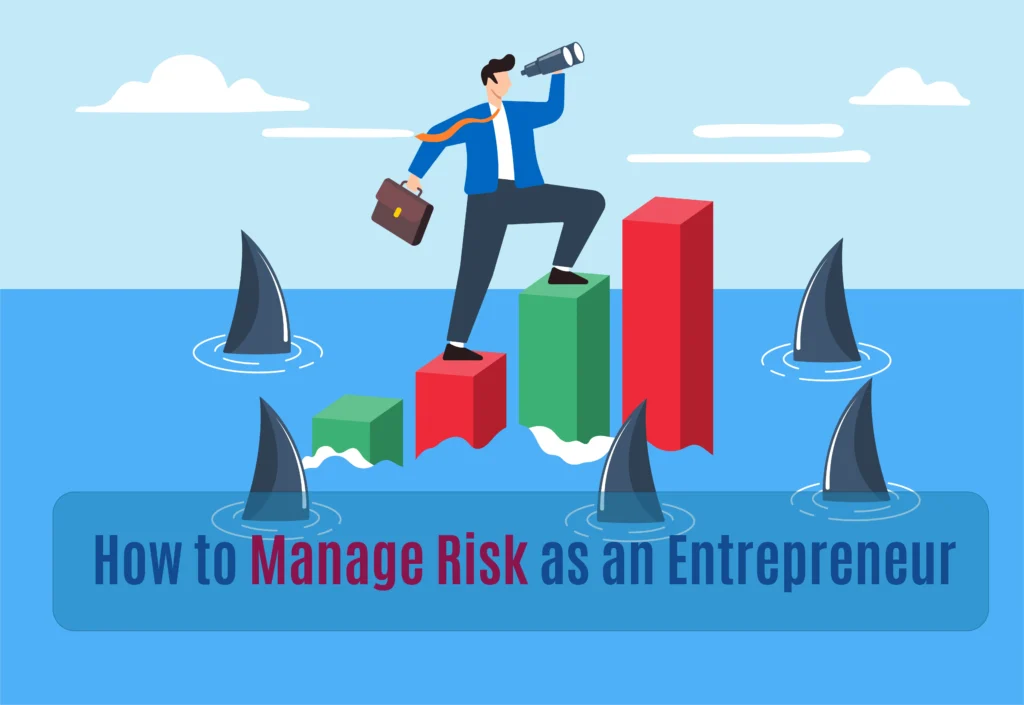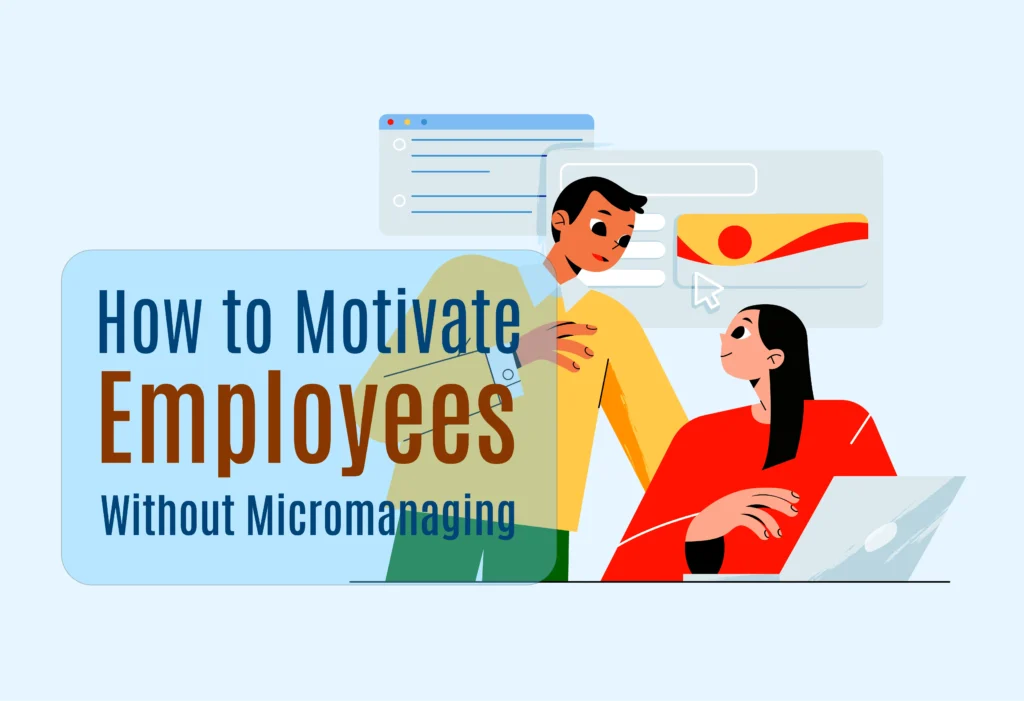The Pros and Cons of Debt Consolidation
In today’s fast-paced financial world, managing debt can be a challenging task. With multiple loans, credit card balances, and other financial obligations, it can be difficult to keep track of payments, leading to stress and financial strain. This is where debt consolidation comes into play. As a form of debt management, debt consolidation offers a solution by combining multiple debts into a single, manageable payment. However, like any financial strategy, it comes with its own set of advantages and disadvantages.
Before diving into the pros and cons of debt consolidation, it’s important to understand that this method isn’t a one-size-fits-all solution. Each individual’s financial situation is unique, and what works for one person may not be the best option for another. In this blog post, we’ll explore the various pros and cons of debt consolidation to help you make an informed decision. Whether you’re overwhelmed by high-interest debt or simply looking for a more structured way to manage your finances, this article will provide valuable insights to guide your debt management journey.
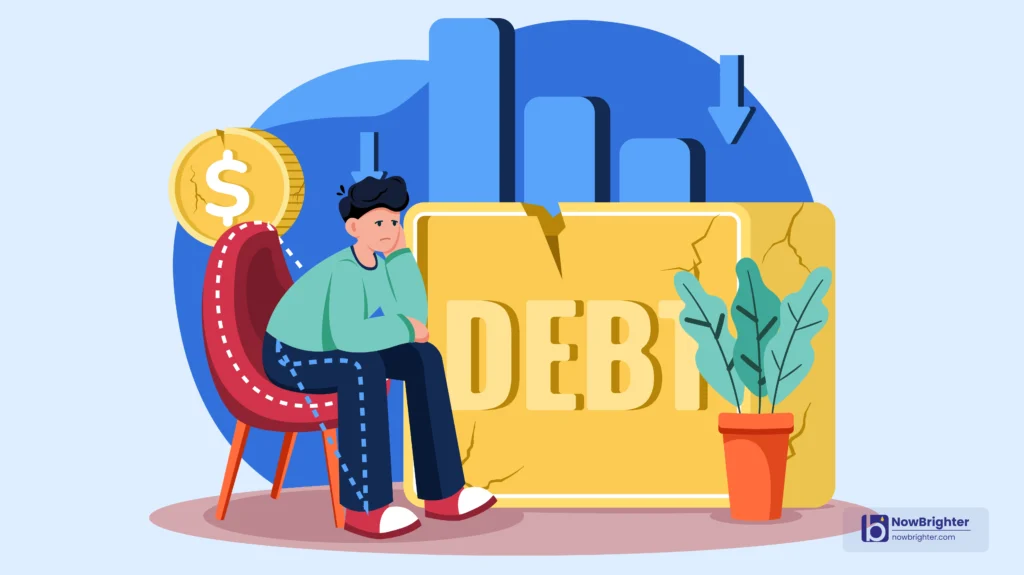
The Pros of Debt Consolidation
1. Simplified Debt Management
One of the primary benefits of debt consolidation is the simplification of your debt management process. Instead of juggling multiple payments with different due dates and interest rates, debt consolidation allows you to combine all your debts into a single monthly payment. This can significantly reduce the mental burden of managing multiple creditors and help you stay organized.
For example, if you have three credit cards with different interest rates and due dates, consolidating them into one loan with a fixed interest rate and a single payment date can make your life much easier. You’ll no longer have to worry about missing a payment or paying late fees, which can improve your overall financial health.
2. Lower Interest Rates
Another major advantage of debt consolidation is the potential to secure a lower interest rate. High-interest credit card debt can quickly spiral out of control, making it difficult to pay off the principal balance. By consolidating your debts into a loan with a lower interest rate, you can save money on interest payments over time and pay off your debt faster.
For instance, if you’re paying 20% interest on your credit card debt and you qualify for a debt consolidation loan with a 10% interest rate, you’ll save a significant amount of money in the long run. This reduction in interest can also make it easier to pay off your debt, as more of your monthly payment will go toward the principal balance rather than interest charges.
3. Fixed Repayment Schedule
Debt consolidation loans often come with a fixed repayment schedule, which can be beneficial for individuals who struggle with fluctuating monthly payments. With a fixed repayment schedule, you’ll know exactly how much you need to pay each month and when your debt will be fully paid off. This predictability can provide peace of mind and make it easier to budget for your monthly expenses.
For example, if you consolidate your debts into a five-year loan, you’ll know that in five years, you’ll be debt-free as long as you make your payments on time. This clear timeline can be motivating and help you stay committed to your debt management plan.
4. Potential to Improve Credit Score
Consolidating your debt can also have a positive impact on your credit score. By paying off multiple credit card balances and consolidating them into a single loan, you may reduce your credit utilization ratio, which is a key factor in determining your credit score. A lower credit utilization ratio can lead to an improved credit score over time.
Additionally, by making consistent, on-time payments on your debt consolidation loan, you can further boost your credit score. This can open up opportunities for better interest rates on future loans and credit cards, as well as improve your overall financial standing.
5. Reduction in Collection Calls
If you’re behind on payments and facing calls from debt collectors, consolidating your debt can help reduce these calls. By consolidating your debts and paying off your creditors, you can eliminate the need for them to contact you for payments. This can provide relief from the stress and anxiety associated with debt collection efforts and allow you to focus on your debt management plan.
6. Streamlined Finances
Debt consolidation can also streamline your finances by reducing the number of accounts you need to manage. Instead of dealing with multiple credit cards, loans, and bills, you’ll only have one account to monitor. This can make it easier to track your spending, manage your budget, and avoid missing payments.
For example, if you’re currently managing five different credit card accounts, consolidating them into one loan can significantly reduce the time and effort required to manage your finances. This streamlined approach can also help you stay focused on paying off your debt and achieving your financial goals.
7. Emotional Relief
Dealing with multiple debts can be emotionally taxing. The constant worry about meeting payments, the fear of falling further into debt, and the stress of managing multiple creditors can take a toll on your mental health. Debt consolidation offers a way to regain control over your finances, which can lead to emotional relief and a sense of accomplishment.
Knowing that you have a clear plan for paying off your debt can reduce anxiety and help you feel more in control of your financial future. This emotional relief can also improve your overall well-being and quality of life.
8. Easier to Manage Budget
With debt consolidation, creating and sticking to a budget becomes easier. Since you have only one payment to make each month, you can plan your finances more effectively. This can lead to better spending habits and a more disciplined approach to managing your money.
For instance, if you’re consolidating your debts into a loan with a fixed monthly payment, you can allocate a specific amount of your budget to cover that payment each month. This can help you avoid overspending and ensure that you’re making progress toward paying off your debt.
≫ Learn More: Managing Debt: The Snowball vs. Avalanche Method
The Cons of Debt Consolidation
1. Risk of Accumulating More Debt
One of the biggest risks of debt consolidation is the potential to accumulate more debt. While consolidating your debts into a single loan can simplify your debt management process, it doesn’t address the underlying issues that led to your debt in the first place. If you’re not careful, you may end up using your newly available credit to rack up more debt, which can lead to an even worse financial situation.
For example, if you consolidate your credit card debt into a personal loan but continue to use your credit cards without a plan to pay them off, you could find yourself in even deeper debt. This is why it’s important to have a clear debt management strategy in place and to commit to avoiding new debt while you’re paying off your consolidated loan.
2. Potential for Higher Overall Costs
While debt consolidation can lead to lower monthly payments, it can also result in higher overall costs in the long run. This is because some debt consolidation loans have longer repayment terms, which means you’ll be paying interest for a longer period of time. Even with a lower interest rate, the extended repayment period can add up to more money paid over the life of the loan.
For example, if you consolidate $10,000 in credit card debt into a five-year loan with a lower interest rate, you may end up paying more in interest over those five years than you would have if you had paid off your credit cards more quickly. It’s important to carefully consider the terms of your consolidation loan and calculate the total cost before committing.
3. Fees and Costs Associated with Consolidation
Debt consolidation isn’t free. Many debt consolidation loans come with fees, such as origination fees, balance transfer fees, and closing costs. These fees can add up and reduce the savings you might gain from consolidating your debt.
For instance, if you’re consolidating your debt with a balance transfer credit card, you may have to pay a balance transfer fee, which is typically a percentage of the amount you’re transferring. If you’re consolidating with a personal loan, there may be an origination fee that covers the cost of processing the loan. It’s important to factor these costs into your decision to ensure that debt consolidation is the right choice for your financial situation.
4. Impact on Credit Score
While debt consolidation can potentially improve your credit score, it can also have a negative impact, especially in the short term. When you apply for a debt consolidation loan, the lender will likely perform a hard inquiry on your credit report, which can temporarily lower your credit score. Additionally, closing old accounts after consolidating your debt can reduce the length of your credit history, which can also negatively affect your score.
For example, if you consolidate your credit card debt into a personal loan and then close your credit card accounts, you may see a drop in your credit score. This is why it’s important to weigh the potential impact on your credit score before deciding to consolidate your debt.
5. No Guaranteed Lower Interest Rate
While debt consolidation can offer the potential for a lower interest rate, there’s no guarantee that you’ll qualify for one. Your ability to secure a lower interest rate depends on factors such as your credit score, income, and overall financial situation. If you don’t qualify for a lower interest rate, debt consolidation may not provide the savings you’re hoping for.
For instance, if you have a low credit score, you may only qualify for a debt consolidation loan with an interest rate that’s similar to or even higher than the rates on your existing debts. In this case, consolidating your debt may not be the best option.
6. Temptation to Extend the Loan Term
Another potential downside of debt consolidation is the temptation to extend the loan term to reduce your monthly payments. While this can make your payments more manageable in the short term, it can also lead to paying more in interest over the life of the loan.
For example, if you consolidate your debt into a loan with a 10-year term instead of a five-year term, you’ll have lower monthly payments, but you’ll also pay more in interest over those 10 years. It’s important to carefully consider the trade-offs between lower monthly payments and higher overall costs when choosing the terms of your consolidation loan.
7. Lack of Addressing Financial Habits
Debt consolidation is a tool for managing debt, but it doesn’t address the financial habits that may have led to your debt in the first place. If you’re not careful, you could find yourself in the same situation again after consolidating your debt. It’s important to take a close look at your spending habits, budgeting, and overall financial behavior to ensure that you’re not setting yourself up for future financial difficulties.
For instance, if you consolidate your debt but continue to overspend or fail to stick to a budget, you may end up back in debt shortly after paying off your consolidation loan. This is why it’s essential to develop good financial habits and commit to a long-term debt management plan.
8. Not All Debts Are Eligible for Consolidation
One limitation of debt consolidation is that not all types of debt are eligible for consolidation. For example, certain types of loans, such as federal student loans, may not be eligible for consolidation through a traditional debt consolidation loan. Additionally, if you have secured debts, such as a mortgage or car loan, these may not be included in your consolidation plan.
For example, if you’re struggling with a mix of credit card debt, student loans, and a car loan, you may only be able to consolidate the credit card debt and not the other types of debt. This can limit the effectiveness of debt consolidation as a comprehensive debt management strategy.
9. Risk of Losing Collateral
If you consolidate your debt using a secured loan, such as a home equity loan, you’re putting your collateral at risk. If you’re unable to make the payments on your loan, you could lose your home or other assets that were used as collateral. This is a significant risk that should be carefully considered before deciding to use a secured loan for debt consolidation.
For instance, if you consolidate your debt with a home equity loan and then lose your job, you may struggle to make the payments and could ultimately lose your home. This is why it’s important to weigh the risks and benefits of using a secured loan for debt consolidation and to consider other options if you’re concerned about losing your collateral.
Conclusion
Debt consolidation can be a valuable tool for debt management, offering benefits such as simplified payments, lower interest rates, and a clear repayment schedule. However, it’s not without its drawbacks, including the risk of accumulating more debt, potential higher overall costs, and the impact on your credit score.
Before deciding whether debt consolidation is the right option for you, it’s important to carefully weigh the pros and cons. Consider your financial situation, your ability to commit to a repayment plan, and the potential long-term impact on your finances. If you decide that debt consolidation is the best path forward, be sure to choose a reputable lender and develop a comprehensive debt management plan to avoid falling back into debt.
At the end of the day, successful debt management requires more than just consolidating your debts. It involves making a commitment to improving your financial habits, sticking to a budget, and taking steps to avoid future financial difficulties. If you’re ready to take control of your finances and work toward a debt-free future, debt consolidation can be a powerful tool in your arsenal.


